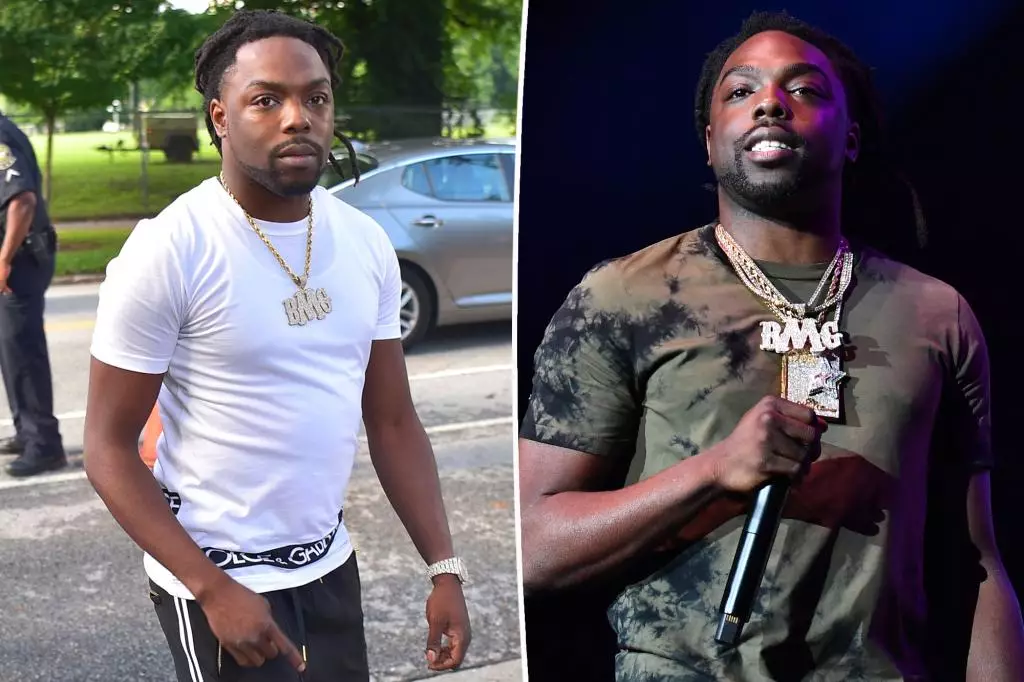The Atlanta rap scene mourns a significant loss with the passing of Young Scooter, a talent who was only beginning to scratch the surface of his potential. Born Kenneth Edward Bailey, he tragically died on what was supposed to be a celebratory occasion—his 39th birthday. The circumstances surrounding his death are nothing short of heartbreaking; Scooter succumbed to serious leg injuries he sustained while evading police. The news not only shocked fans and peers alike but also raises crucial questions about the heavy price so many artists pay for their lifestyles.
The Scenario Unfolds
Details emerging from the incident paint a chaotic scene. Authorities reported that officers responded to a “dispute with a weapon” involving gunfire, suggesting that the tension escalated rapidly in the moments leading up to Scooter’s demise. Witnesses described how law enforcement established a perimeter, ready to take action, which presumably spurred the rapper into a desperate attempt to escape. The reality is painfully clear: in a moment of panic, Scooter made a fateful decision that led to a desperate leap over two fences, resulting in a catastrophic injury. As Lt. Andrew Smith from the Atlanta Police Department clarified, this injury was not inflicted by law enforcement but was a consequence of his own choice to flee.
The Dark Side of Fame
Young Scooter’s career trajectory was promising, having collaborated with A-list artists like Future and Gucci Mane. His affiliation with Future’s Freebandz label in 2012 had already cemented his standing within the hip-hop community. However, stories like Scooter’s are symptomatic of a larger issue confronting artists today: the constant threat of violence, whether self-inflicted or external. With fame often comes the pressure to maintain a tough exterior, leading some artists to make reckless choices in moments of crisis. Sadly, in this case, the pursuit of freedom from law enforcement ultimately resulted in fatal consequences.
A Reflection on Legacy
As fans grieve the loss of Young Scooter, it remains to be seen how his untimely death will impact those still in the game. Artists now must reflect on their own vulnerabilities, whether it’s the pressure to conform to an image or the need to navigate precarious situations where law enforcement is concerned. While Scooter leaves behind a catalog of music that captured the struggles and ethos of his upbringing, his death serves as a sobering reminder of the fragility of life—and the necessity for change in how the industry supports its artists.
The conversations surrounding gun violence and artist safety are long overdue, and perhaps it’s time for a broader discourse on mental health and accountability within the high-stakes world of hip-hop. Young Scooter’s story, though tragic, could ignite a much-needed conversation around the responsibilities artists hold—not only to themselves but to those who look up to them.

